
The Saeima of Latvia decided on Thursday to withdraw from the Istanbul Convention — an international treaty aimed at preventing violence against women and domestic violence. This decision has sparked widespread reactions both in foreign media and among international human rights organizations, reports tv3.lv.
The French publication France 24 writes that Latvia's withdrawal from the convention could have "serious consequences for the protection of women and the prevention of violence in the country." The article emphasizes that the decision was made despite the position of the Prime Minister and the President, and contradicts Latvia's international obligations.
The Reuters agency notes that the vote took place amid disagreements within the ruling coalition — the Conservative Party of the National Alliance supported the withdrawal, while other ruling parties opposed it. The main argument for the withdrawal was that the convention "promotes the idea of gender," while existing Latvian laws already provide the necessary protection against violence.
The international human rights organization Amnesty International stated that it considers this decision "terrible and dangerous" and urged the President of Latvia to take measures to stop the withdrawal. The media also note that this step could affect Latvia's reputation in Europe and create tension in society, where protests against the withdrawal have already taken place. About 5,000 people participated in the protest in Riga.
"This decision threatens not only women and girls in Latvia but also inspires human rights opponents across Europe and Central Asia, and supports the aspirations of authoritarian governments that are moving away from the rule of law, international justice, and democratic values," said Tamara Dekanosidze, a representative of the international women's human rights organization Equality Now, after the vote.
According to her, the bill tries to present gender equality initiatives as promoting an "LGBT agenda," using Kremlin-style rhetoric that allows politicians to position themselves as defenders of "national values" before elections.
"We urge the President of Latvia to do the right thing and use the veto power to stop Latvia's withdrawal from the Istanbul Convention, as well as to promote the implementation of measures to protect women and girls from gender-based and domestic violence," stated Amnesty International.
Analysts point out that withdrawing from the Istanbul Convention makes Latvia the second country in Europe to leave this international treaty. This creates a risk not only of domestic political tension but also raises questions about the country's further participation in international institutions dealing with issues of violence against women.
Similar withdrawal initiatives were previously attempted in Poland (in 2020) and the Czech Republic (in 2024), but political changes in those countries halted or stopped the processes.
Since the decision still needs to be formally approved, the President of Latvia has the option to send the law back for reconsideration in parliament. International experts warn that such a withdrawal could send a "dangerous signal" in the field of human rights and affect Latvia's international reputation.

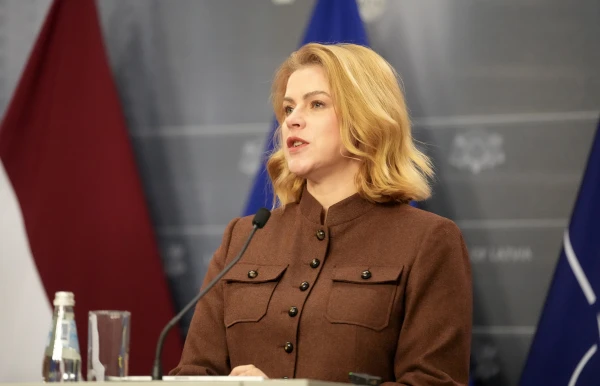
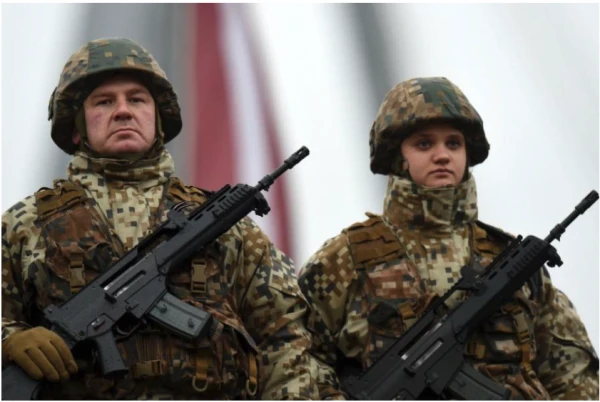
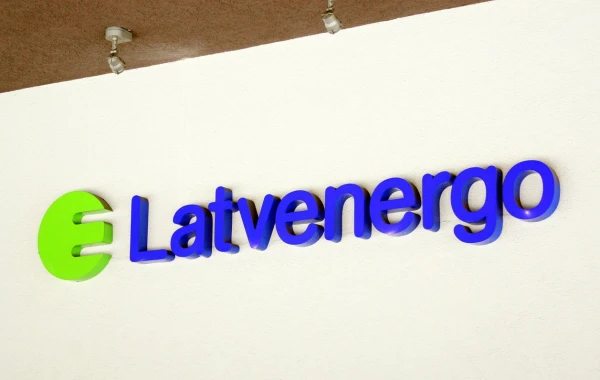

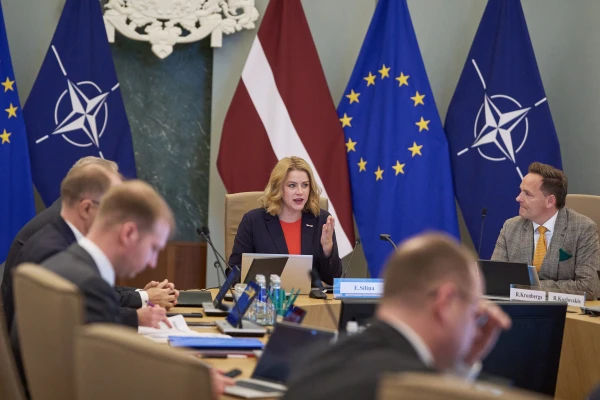

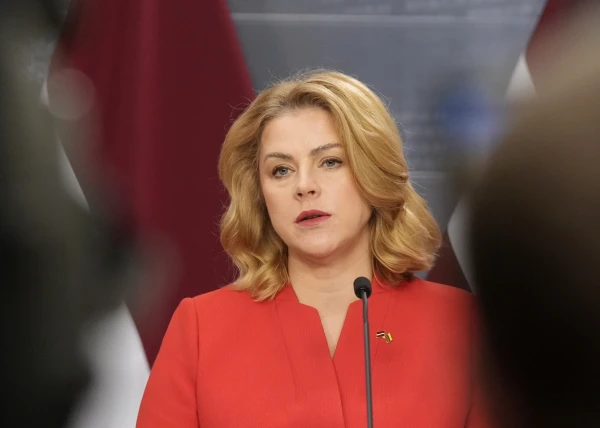




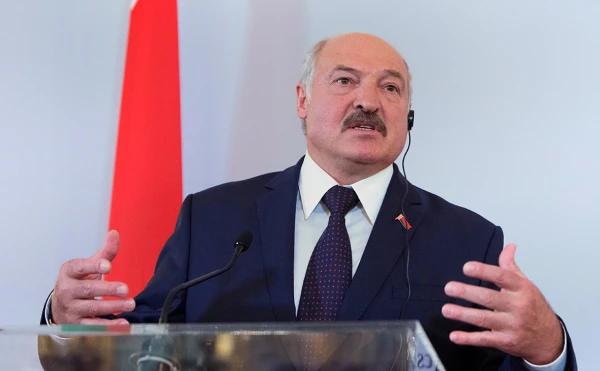

Leave a comment